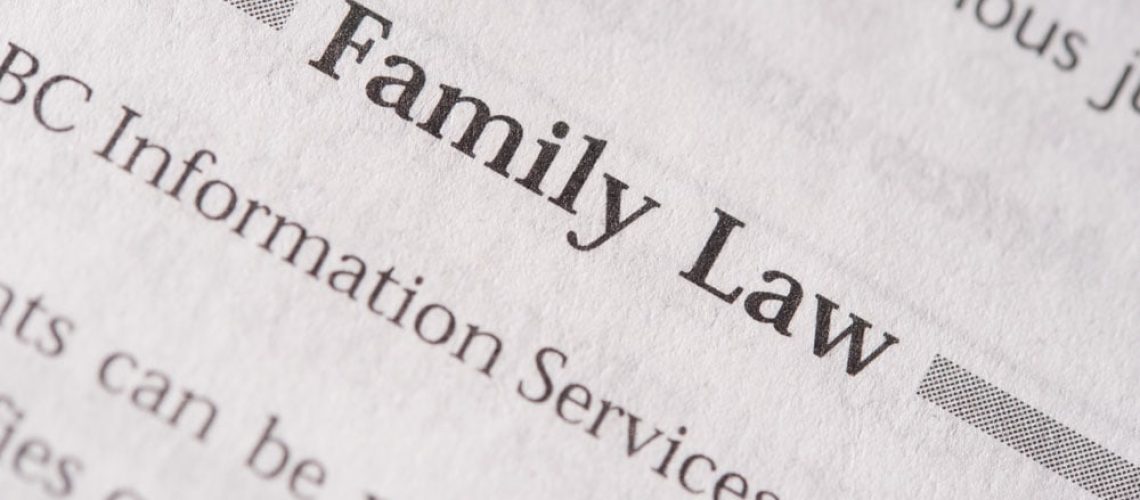Family law encompasses everything involving familial relationships. As such, common family law cases involve divorce and child custody, as well as child support, paternity, adoptions, etc.
As attorneys typically specialize in one field of law, many family law attorneys specialize in particular areas of family law—divorce attorneys, adoption attorneys, etc.
Marriage In Family Law
 When most people think of marriage in family law they think of divorce. While that’s definitely part of it, family law can also be involved in the beginning of a marriage as in the case of a prenuptial agreement.
When most people think of marriage in family law they think of divorce. While that’s definitely part of it, family law can also be involved in the beginning of a marriage as in the case of a prenuptial agreement.
Typically called a prenup, this is a contract created prior to the marriage in which each person’s assets and rights are outlined in the case that the marriage fails.
In terms of a timeline, there’s also a middle ground between a prenuptial agreement and a possible divorce: legal separation.
Legal separation isn’t an official divorce, but does involve a number of legal rights and obligations each partner has while legally separated.
While divorce is typically considered the final termination of a marriage, there is another form of “marriage termination”—annulment.
How do annulments and divorces differ? An annulment is a legal decree that defines the marriage as having never occurred. Some common cases made for an annulment would be:
- Bigamy,
- Intoxication during the marriage,
- Issues of legal age,
- Fraud,
- Mental incapacity issues,
- Force,
- Etc.
Children In Family Law
 As with marriage, children in family law can involve a lot of anger, resentment, and fear for all parties involved. These types of situations turn out best when the adults can communicate and cooperate, and it can take a team of attorneys offering objective and dispassionate advice in order to come to a sound conclusion.
As with marriage, children in family law can involve a lot of anger, resentment, and fear for all parties involved. These types of situations turn out best when the adults can communicate and cooperate, and it can take a team of attorneys offering objective and dispassionate advice in order to come to a sound conclusion.
These situations can become even more complicated if they involve stepparents.
Adoptions involve in-depth investigations, interviews, and various court hearings.
Child abuse cases are always ugly and it is here where family law and criminal law overlap, as child abuse—be it direct physical and mental abuse or neglect—is treated very seriously in all states.
In short: it’s far better to negotiate and navigate your way through these situations with an attorney on your side who can represent you in court.
Family Law & Estate Law
Another significant area of the law that typically overlaps with family law is estate law.
One’s estate is essentially the sum-total of their property, including money, assets, property, etc. This should be outlined in one’s living will and, once the person has died or become incapable of managing their estate on their own, power of attorney should be granted to an attorney who can represent them and handle their estate on their behalf.
This includes handing down their estate to its heirs properly, after all debts have been paid.
There is state-wide variation in terms of inheritance laws which may determine who is actually entitled to what, but for the most part, family members can expect things to go more or less in accordance with the deceased person’s final will so long as they have a competent estate law attorney helping with the process.






